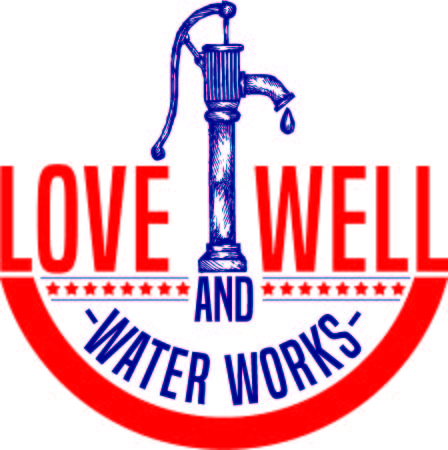What is in NC water?
Have you ever wondered what is in the water from your tap or well? Most of us think that city tap water is safe for cooking, drinking, and bathing if it flows through a municipal pipe. This is not always the case, though. One North Carolina resident began testing her water source, and the results demonstrate why you need a water filter immediately.
What are PFCs?
Per- and polyfluoroalkyl substances are the abbreviation for PFAS. According to the EPA, this is “a class of man-made compounds that includes PFOA, PFOS, GenX, and several more.” The issue with PFAS is that they are “very persistent in the environment and the human body,” meaning that they do not degrade and can build over time. There is evidence that PFAS exposure can have negative health impacts on humans.”
PFAS are present in a variety of locations, including drinking water, food, commercial items, and live beings. This chemical group is no longer produced in the United States, but it is commonly found in foreign-made goods. You might be unknowingly eating dangerous substances from pizza boxes or kitchenware.
According to the EPA, PFOA and PFOS have been linked to reproductive and developmental, liver and renal, and immunological impacts in experimental animals. Both substances have been linked to animal cancers. The most consistent findings include elevated cholesterol levels among exposed populations, with fewer evidence relating to low childbirth weights, impacts on the immune system, cancer (for PFOA), and modification of thyroid hormones (for PFOS).”
PFAS in NC drinking water
Heather Stapleton, a scientist, and citizen of North Carolina reportedly began exploring the possibility of PFAS in her drinking water after reading the above-referenced paper from Duke University.
Stapleton, who began the research in her kitchen, joined a number of her colleagues Duke scientists to explain her findings. She posed two questions: “Where was the sound originating from? How successfully did my home’s water filter eliminates these contaminants?”
The article continues by stating, “Due to the multiplicity of industrial, military, and other locations in North Carolina, the state’s drinking water is at a greater risk for PFAS contamination… While normal quantities have been identified in the majority of towns, excessive levels have been detected in certain areas.”
How to remove PFAS from your drinking water
Obviously, you do not want to consume dangerous substances found in tap or well water. Today, you require the proper water filter for this reason. Nevertheless, “although employing a filter does assist, not all filters are equally effective at eliminating PFAS.” The most effective filters were reverse osmosis and dual-stage filters. The effectiveness of other filters, such as whole-house and desktop filters, in eliminating the chemicals varied substantially.
Love Well & Water Works LLC will assist you in identifying the ideal water filter for your needs. Call us now to learn more about our water filter and water testing solutions, so you can rest certain that you are only consuming the highest quality water.
